 Debunking Myths of Hybrid Publishing
Debunking Myths of Hybrid Publishing
Thursday, October 16 at 12 – 1pm PDT
A FREE Virtual Event
Unable to attend? No worries. Register anyway and receive the replay!
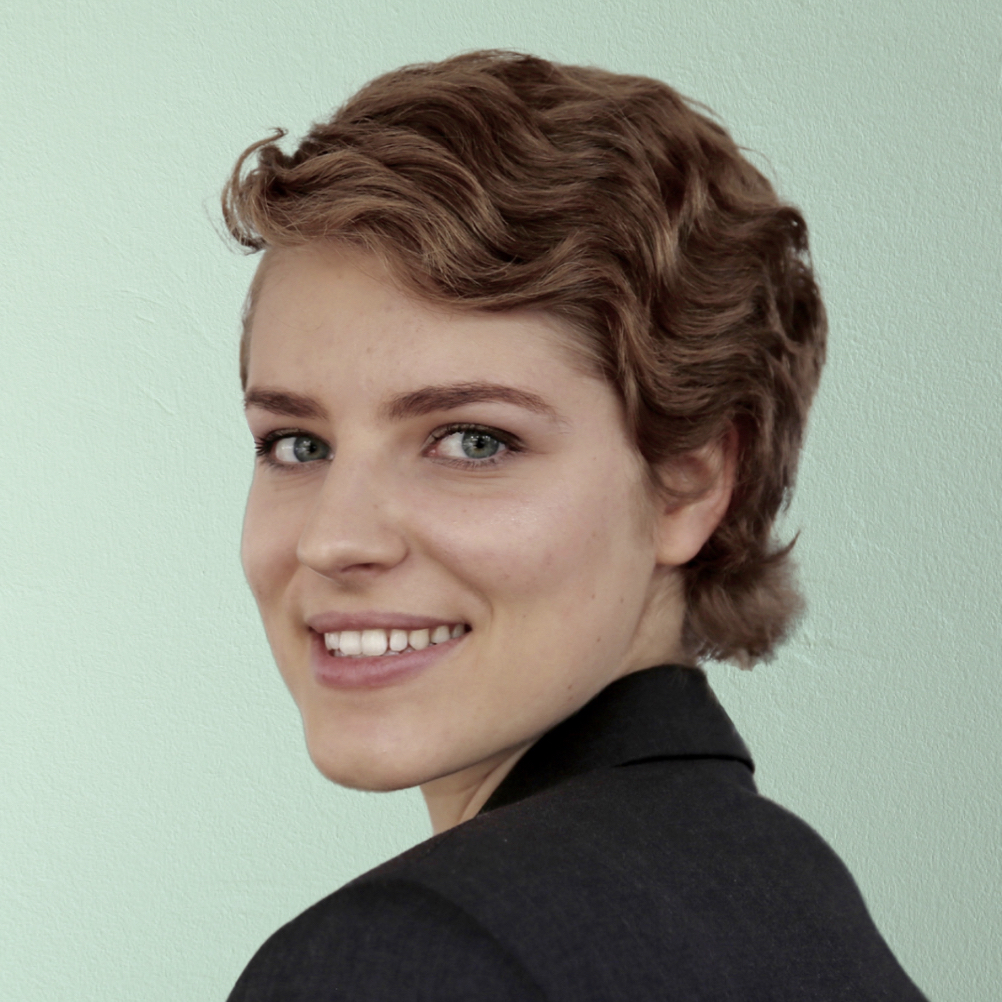
To register, please fill out the form below:
Registration is now closed. Visit our homepage to sign up for email notifications and never miss a WNBA-SF event!


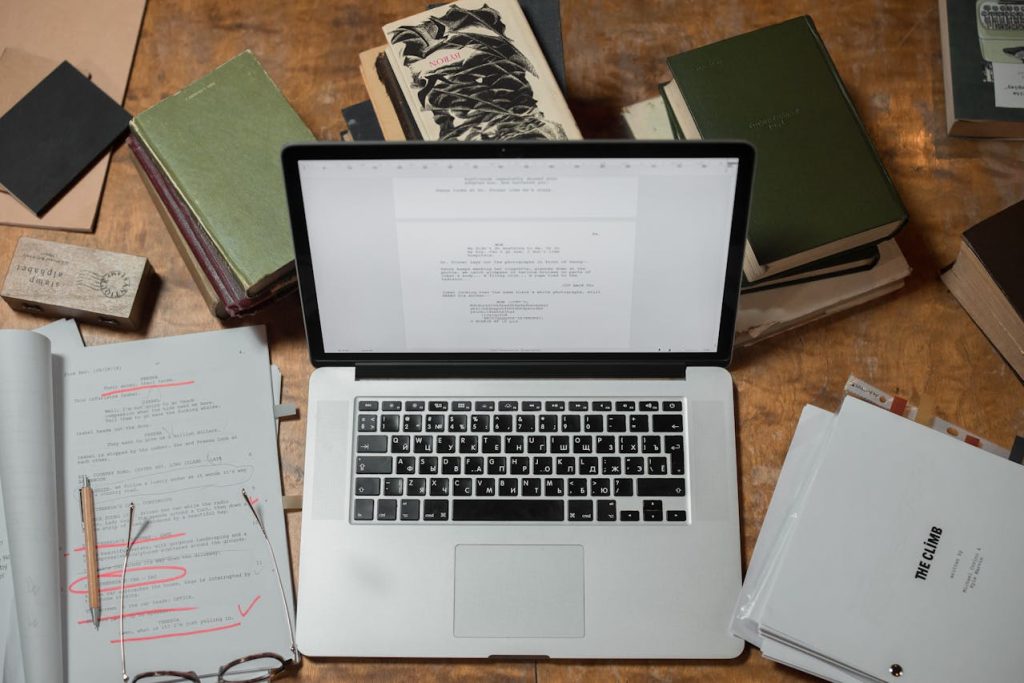 Are you developing a concept for a new book? Do you have a manuscript in progress? Have you always wanted to publish that book you’ve been working on for years? If this sounds like you, we would love to invite you to Pitch-O-Rama 2026! Everyone is welcome to participate!
Are you developing a concept for a new book? Do you have a manuscript in progress? Have you always wanted to publish that book you’ve been working on for years? If this sounds like you, we would love to invite you to Pitch-O-Rama 2026! Everyone is welcome to participate!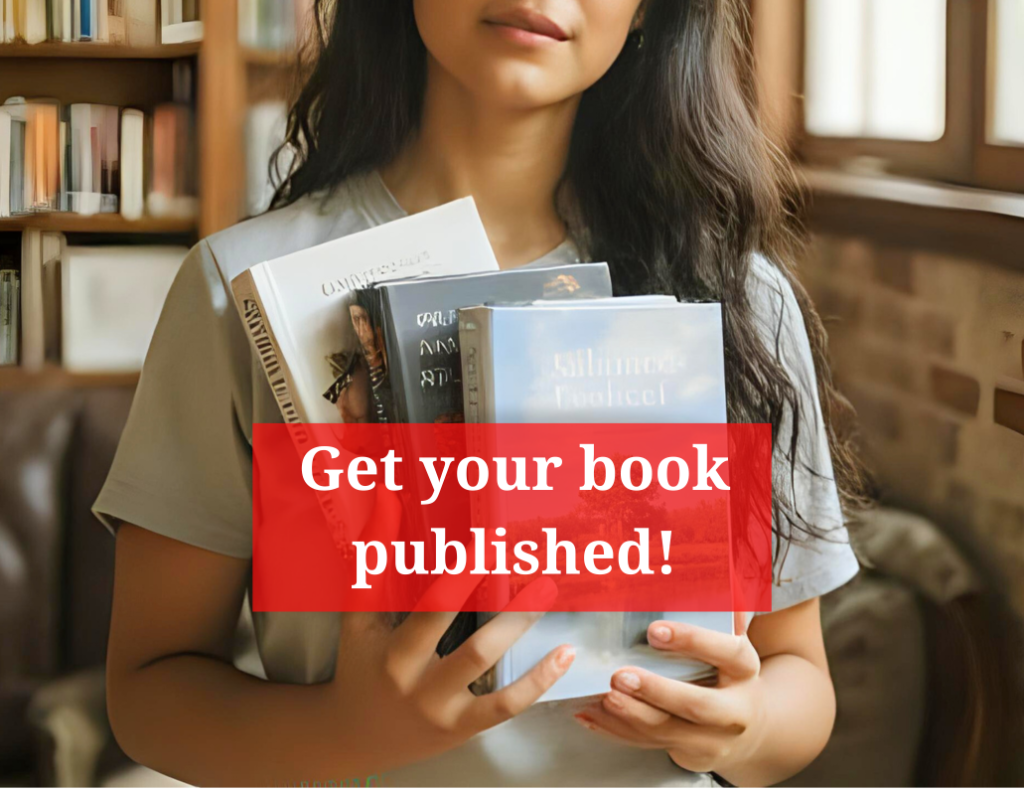

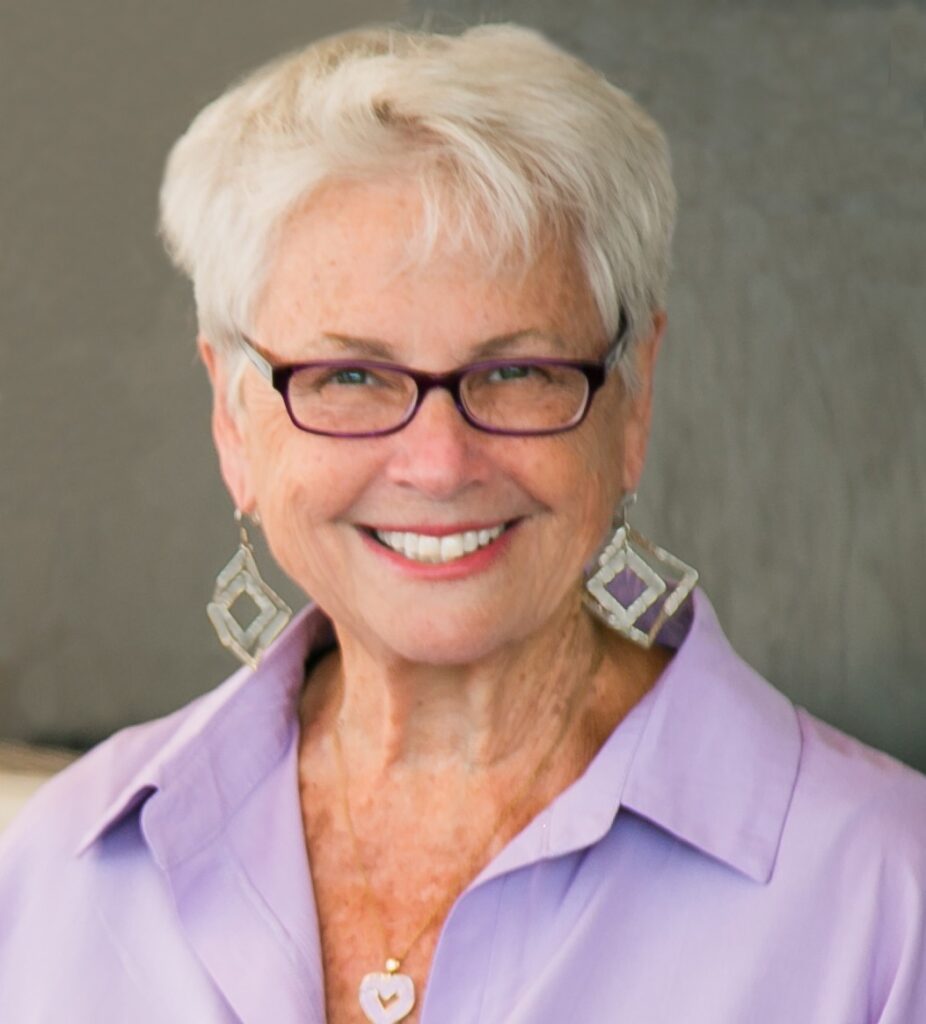 Dr. Judith Briles is the award-winning and best-selling author of 48 books earning over 60 book awards and recently awarded the Author Laureate honor. To date, her books have been translated into 17 countries with over 1,000,000 copies sold! Judith’s books, and work, have been featured in over 1,500 radio and TV shows. She is the host of the AuthorU-Your Guide to Book Publishing podcast that has received over 21 million downloads, posts less than three minute “how to publish and market” videos daily on her YouTube channel Dr. Judith Briles-The Book Shepherd and is the founder of the Colorado’s Authors’ Hall of Fame. Today, she will explore the wide, wide world of book marketing that leads to author success … that is, if you do it.
Dr. Judith Briles is the award-winning and best-selling author of 48 books earning over 60 book awards and recently awarded the Author Laureate honor. To date, her books have been translated into 17 countries with over 1,000,000 copies sold! Judith’s books, and work, have been featured in over 1,500 radio and TV shows. She is the host of the AuthorU-Your Guide to Book Publishing podcast that has received over 21 million downloads, posts less than three minute “how to publish and market” videos daily on her YouTube channel Dr. Judith Briles-The Book Shepherd and is the founder of the Colorado’s Authors’ Hall of Fame. Today, she will explore the wide, wide world of book marketing that leads to author success … that is, if you do it. Award-winning author of Your Goal Guide and WNBA-SF’s very own networking ambassador Debra Eckerling shares tips on formatting your book proposal to maximize success with agents and publishers!
Award-winning author of Your Goal Guide and WNBA-SF’s very own networking ambassador Debra Eckerling shares tips on formatting your book proposal to maximize success with agents and publishers!
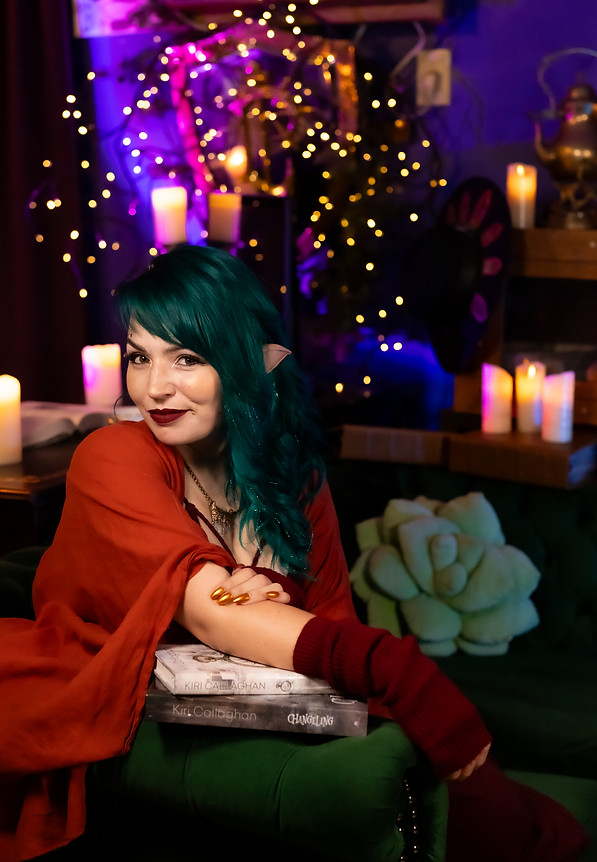 Kiri Callaghan
Kiri Callaghan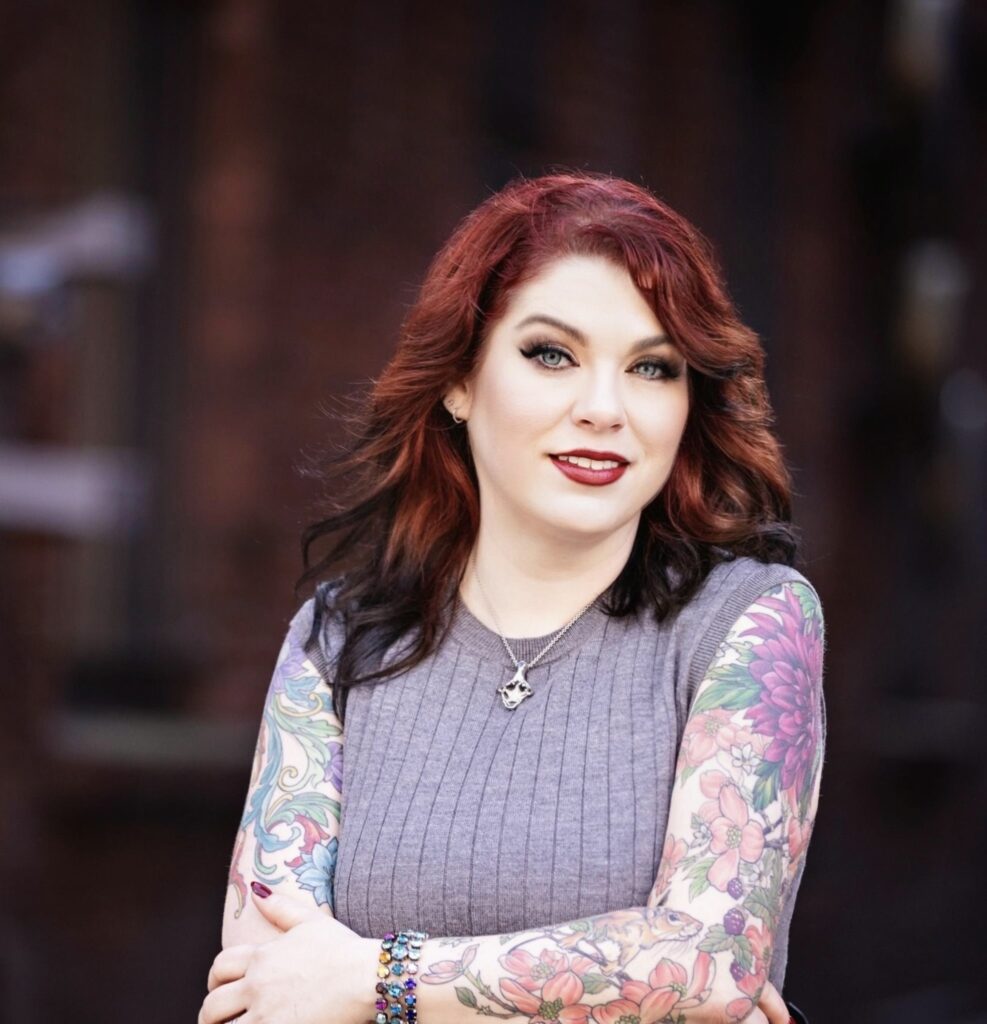 Ana Visneski
Ana Visneski

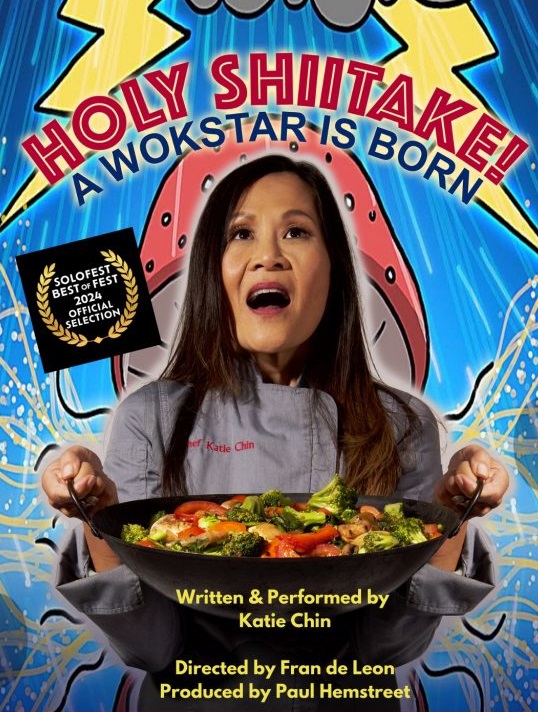 Get ready to be blown away by the talents of Chef Katie Chin on Thursday, September 4th at
Get ready to be blown away by the talents of Chef Katie Chin on Thursday, September 4th at 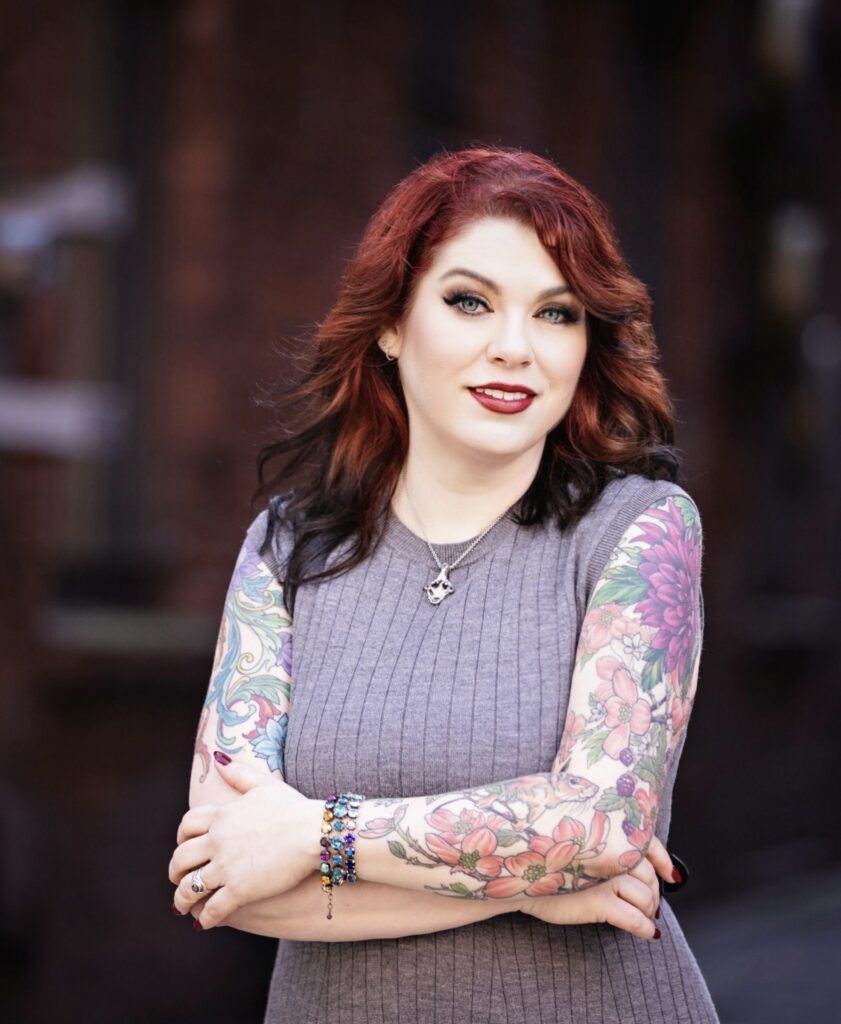 Ana Visneski
Ana Visneski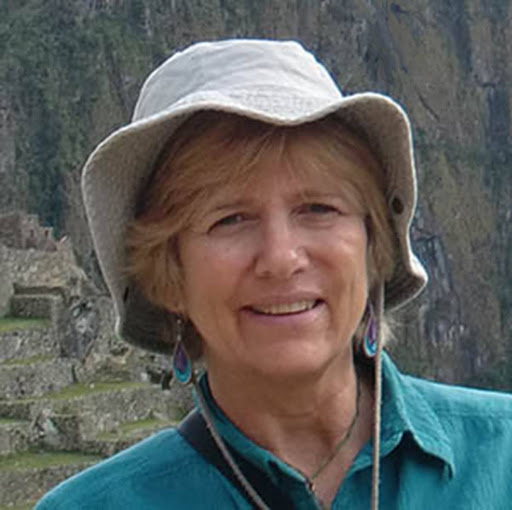

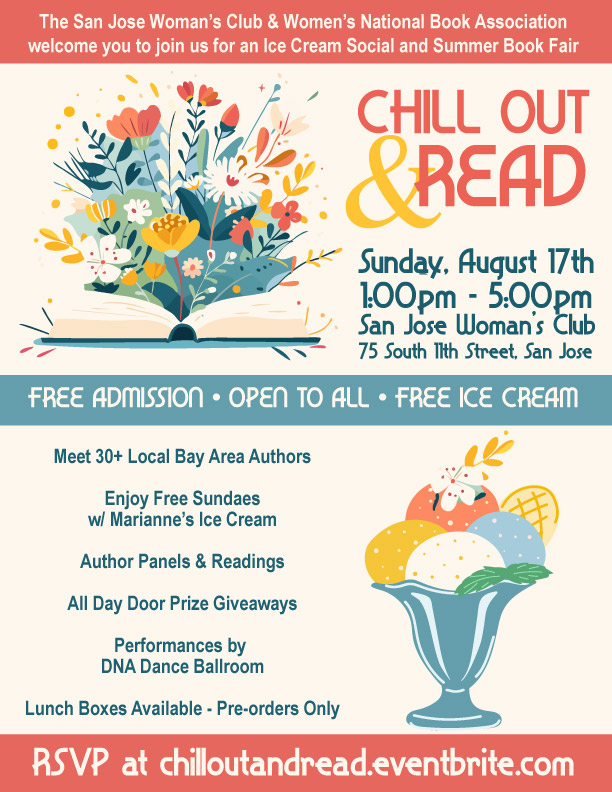 Join the San Jose Woman’s Club and Women’s National Book Association for our CHILL OUT & READ Ice Cream Social and Summer Book Fair. You’ll be able to mix and mingle with members, local authors and neighbors to find out about our many activities at the club.
Join the San Jose Woman’s Club and Women’s National Book Association for our CHILL OUT & READ Ice Cream Social and Summer Book Fair. You’ll be able to mix and mingle with members, local authors and neighbors to find out about our many activities at the club.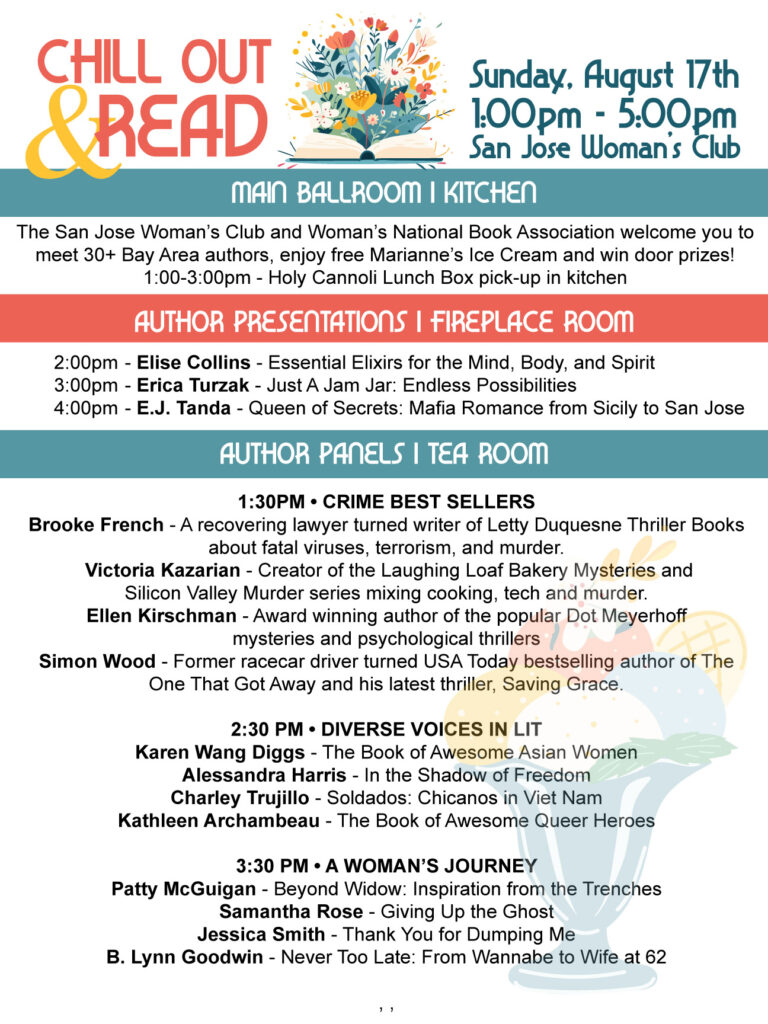

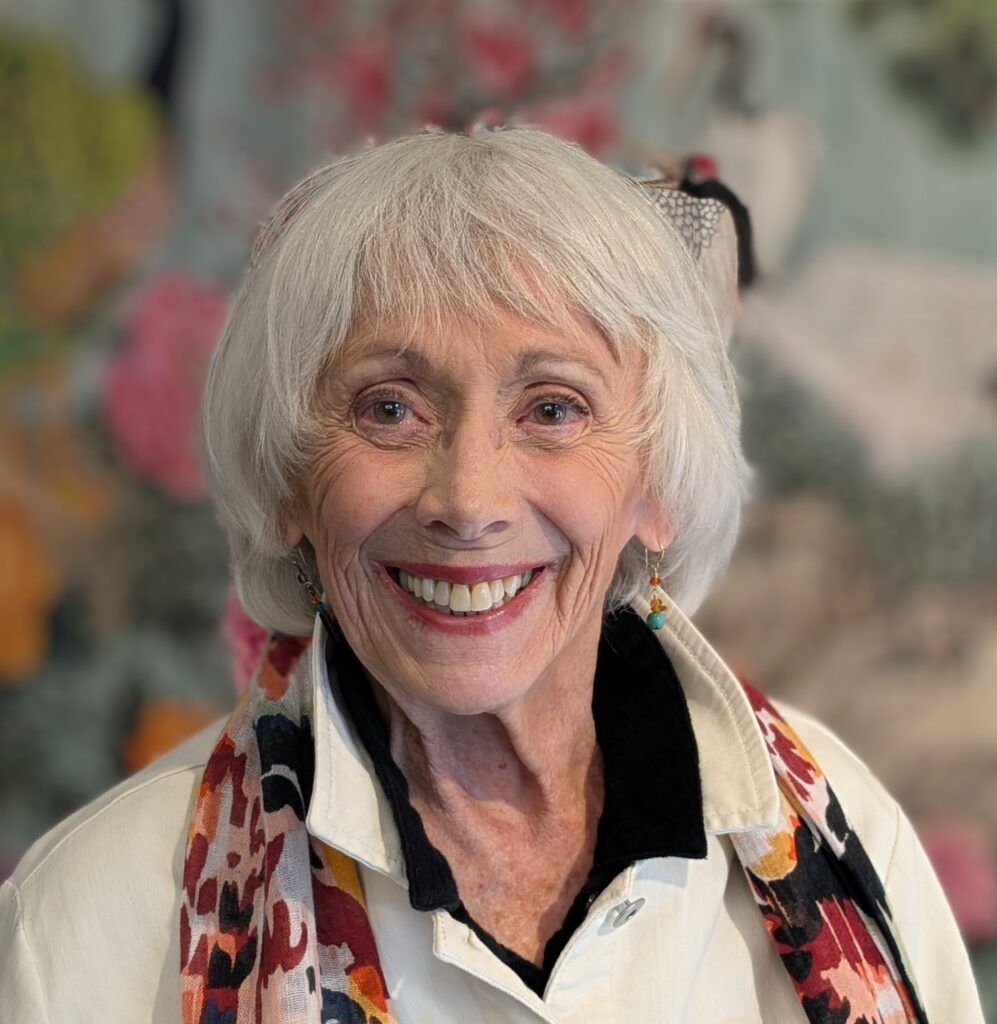 Kate Farrell, storyteller, author, librarian, founded the California Word Weaving Project: Learning through Storytelling; published numerous educational materials on storytelling, and contributed to and edited award-winning anthologies of personal narrative. Farrell’s award-winning recent book is a how-to guide on the art of storytelling,
Kate Farrell, storyteller, author, librarian, founded the California Word Weaving Project: Learning through Storytelling; published numerous educational materials on storytelling, and contributed to and edited award-winning anthologies of personal narrative. Farrell’s award-winning recent book is a how-to guide on the art of storytelling,